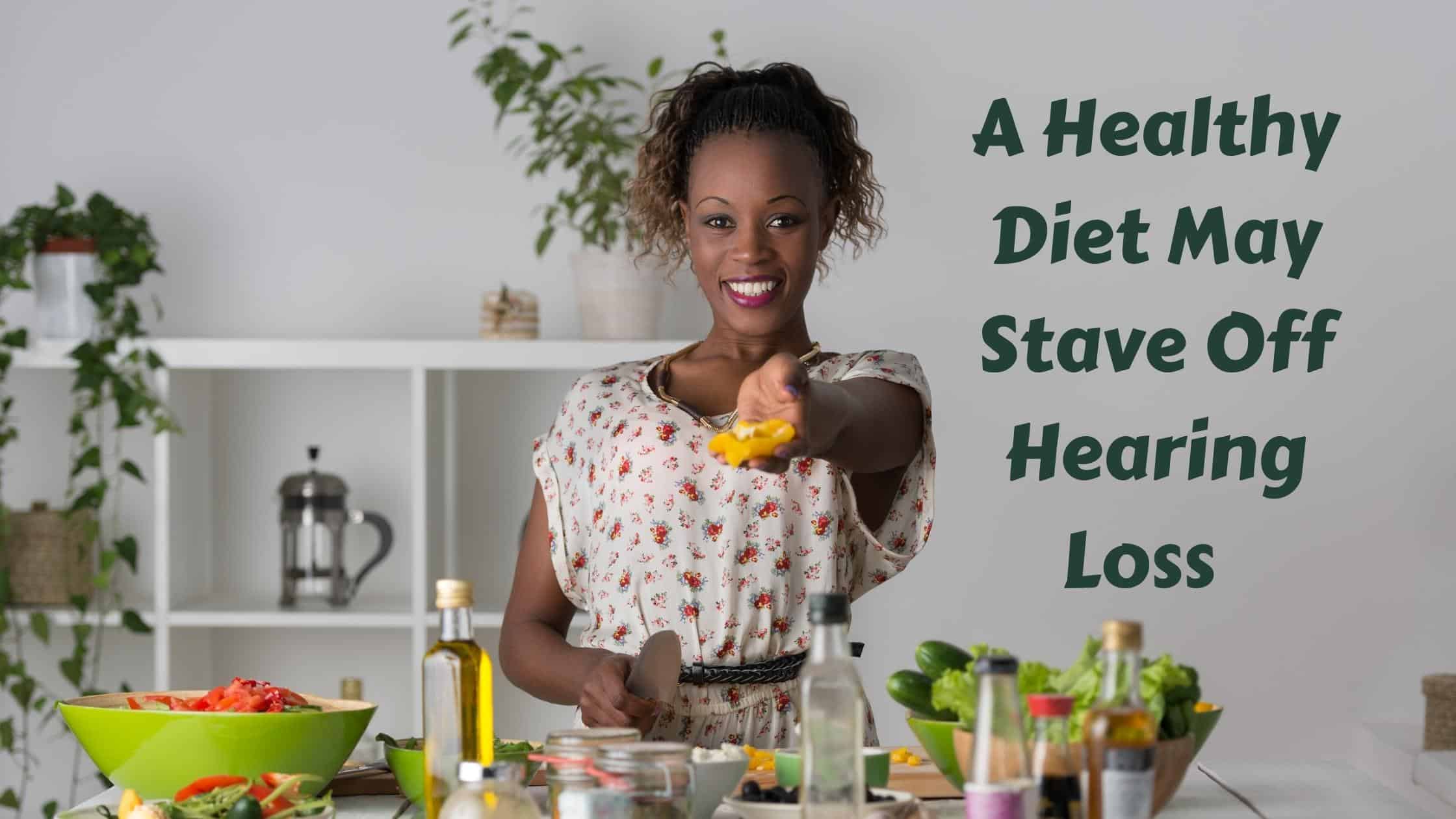
On some level, we know intuitively that healthy eating leads to a healthy life. When foods seem to be plucked directly from the ground and placed onto our plates, we can almost taste the connection with nature. Yet, this sense of healthiness isn’t just an impression. Science has demonstrated some strong correlations between our eating habits and a wide range of health outcomes.
We know that a nutritious diet can help prevent the most catastrophic of health problems, including heart attacks, but it also has a more nuanced relationship with things like mental health and feelings of wellness. In the vast space between risks to our lives and our feelings of wellbeing, a healthy diet may have an impact on preventing hearing loss, as well. Part of the puzzle in determining the effect of diet on hearing loss has to do with the intermediary connection to the cardiovascular system.
Let’s explore how that connection works within the body, as well as the best foods to incorporate into your diet for maximum benefits to the wide range of related health concerns.
How Does Diet Relate to Hearing?
If it were as simple as the food we eat magically transforming into hearing protection, then audiologists and hearing health professionals would be much more likely to prescribe a particular diet. In fact, the relationship between diet and hearing is more indirect. We know that a healthy diet can promote a healthy cardiovascular system.
The heart and blood vessels rely on a steady stream of nutrient-rich, oxygenated blood to flow through the body without obstruction or undue strain. Certain foods clog this network of blood delivery systems, making it difficult to push that fluid throughout the body with the supplies necessary for all the organs of the body to function.
The ears are not exempt from this need for richly nourishing resources, and a healthy cardiovascular system is needed to get those supplies to the ears. Specifically, the tiny hairlike organelles of the inner ear called stereocilia are incredibly sensitive to slight changes in pressure. That sensitivity also makes them vulnerable to damage and injury when they don’t have what they need to function. Many scientists believe that the relationship between diet and hearing has to do with oxygen deprivation that can happen when the cardiovascular system is straining to do its work.
Another possibility when it comes to the relationship between diet and hearing might have to do with inflammation. This relationship is more direct, meaning that certain foods actually inflame the tissues of the inner ear, making them more susceptible to damage. When tissues are inflamed, they might also be at higher risk of cellular degeneration, and antioxidant foods could provide direct support for that dimension of cellular regeneration.
What Foods Are Linked to Hearing Loss Prevention?
When it comes to preventing hearing loss, some foods are better than others. In order to isolate which foods have the strongest preventative effect, researchers have inquired about the role of two specific diets: Dietary Approaches to Stop Hypertension (DASH) and the Alternate Mediterranean Diet (AMED).
These two have a lot in common, including an emphasis on whole grains, fresh fruits and vegetables, and plenty of hydration. They also restrict consumption of similar things, including saturated fats, refined sugars, excess sodium, and processed foods in general. Where they differ are in the details. The AMED diet encourages consumption of olive oil, fish, and even a glass of red wine with dinner. The DASH diet emphasizes low consumption of fats in general, particularly those found in red meat and other animal sources.
With these diets in mind, you might already be imagining the wide array of healthy foods that are permissible. When you eat a variety of fresh fruits and vegetables, these add up to an infinity of possibilities, many of them incredibly appetizing and delicious. Though some people resist healthy eating by assuming it will deprive them of the foods they love most, another way to look at these dietary approaches is to let yourself fill up on all the good foods you love that are compatible with these nutritional plans. With this mindset, you can enjoy good food and protect your hearing at the same time!
